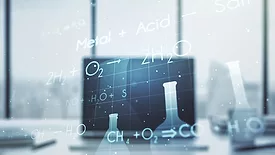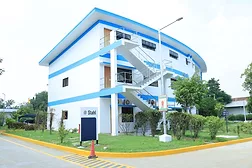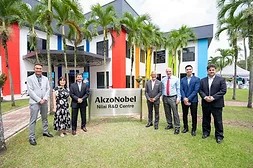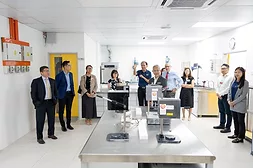Home » Keywords: » Research and Development
Items Tagged with 'Research and Development'
ARTICLES
Materials Informatics Platform Accelerates Product Development, Enabling Lean R&D
Unifying Raw Materials and Formulations Data as an Engine for Accelerated Innovation
Read More
Keep the info flowing with our eNewsletters!
Get the latest industry updates tailored your way.
JOIN TODAY!Copyright ©2026. All Rights Reserved BNP Media.
Design, CMS, Hosting & Web Development :: ePublishing









